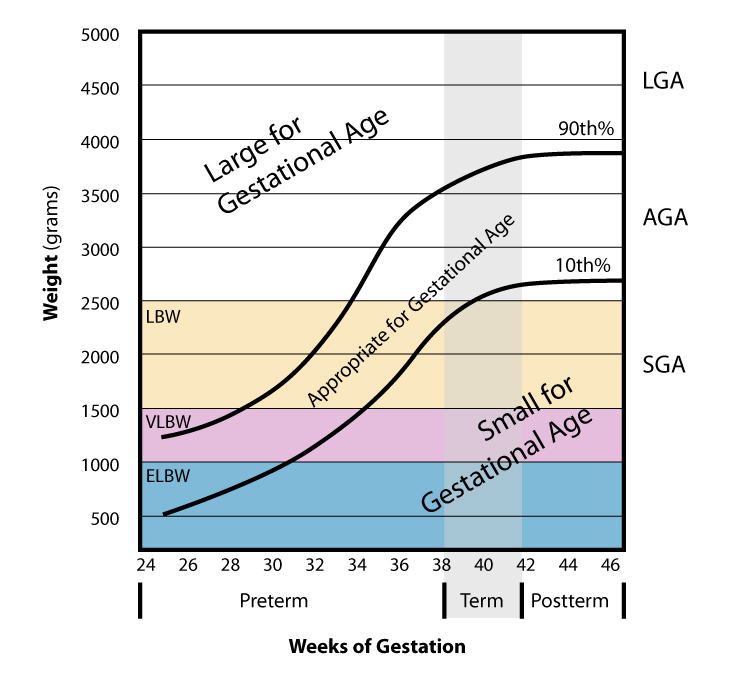Life expectancy is often viewed through the lens of statistical averages and biological determinism, yet it is also profoundly shaped by cultural contexts. In contemplating the question, “At what age will I die?” individuals often find themselves grappling with both scientific projections and societal constructs that influence their perceptions of longevity. This inquiry delves into the intersection of life expectancy calculations within a framework of cultural relativism, exploring how various societies understand and approach the end of life.
The science of life expectancy fundamentally hinges on demographic data, statistical modeling, and historical trends. Average life expectancy is defined as the mean age that a group of people is expected to reach, based on current mortality rates. However, these numbers are not static; they are influenced by myriad factors, such as socioeconomic status, health care access, and lifestyle choices. Yet, lurking within these figures lies a considerable cultural dimension. For instance, in Western societies, where individualism predominates, the emphasis tends to be on personal responsibility for health outcomes. Conversely, in collectivist cultures, community support systems and shared experiences may significantly alter individual mortality perspectives.
Moreover, the perception of aging is culturally constructed. In many Eastern cultures, advancing age is revered, perceived as synonymous with wisdom and respect. This contrasts sharply with a considerable sector of Western culture, where youthfulness is idolized, and aging often bears a stigma that can prematurely influence an individual’s self-worth and outlook on life. Such cultural narratives shape attitudes toward health and longevity, frequently dictating lifestyle choices and risk behaviors.
Additionally, environmental factors contribute significantly to life expectancy. Societies across the globe inhabit diverse ecological niches, and these environments often dictate health risks. In developing nations, for example, rampant infectious diseases and limited access to clean water and medical facilities can severely curtail life expectancy. In stark contrast, affluent societies experience different challenges, such as chronic diseases related to sedentary lifestyles and nutritional excess. Cultural paradigms inform how societies navigate these environmental obstacles, thus impacting individual longevity profoundly.
It is crucial to acknowledge the mythological and philosophical dimensions surrounding life expectancy. Many cultures harbor an intrinsic belief in fate or destiny, interpreting death as a predetermined element of life. These beliefs can offer comfort, fostering acceptance of mortality within various cultural narratives. Alternatively, some cultures cling to esoteric explanations, attributing death to supernatural influences, ancestral spirits, or divine will, which can lead to distinctly different behaviors concerning health and longevity. Such interpretations challenge the deterministic view posited by many in the scientific community, suggesting that life expectancy cannot be boiled down solely to biological or statistical data.
The interplay between genetics and environment also merits exploration in the context of cultural relativism. Certain genetic predispositions may certainly influence longevity, as seen in research highlighting the role of heritable traits. However, environment and culture can have a downstream effect on the expression of those genes. Cultural practices surrounding nutrition, exercise, and healthcare can mitigate or exacerbate genetic predispositions, subtly reshaping narratives of life expectancy across different societal landscapes.
As societies evolve and globalization proliferates, the intersection of life expectancy with cultural relativism grows ever more complicated. Global communications facilitate the exchange of health information and medical innovations, offering tools for enhanced healthcare across disparate cultures. Yet, this same globalization can inadvertently erode traditional health practices and beliefs, leading to homogenization that might overlook local contexts. This results in a paradox, wherein societies are presented with vast resources while simultaneously grappling with the guardianship of cultural heritage that has long dictated conceptions of health and longevity.
Further complicating this discourse are the implications of modern technology. Advances in medical science have led to increased lifespans in many parts of the world. The introduction of life-extending treatments and surgical interventions invites a reevaluation of what it means to seek longevity. However, the distribution of such technologies across varied cultural and socioeconomic contexts raises questions about equity in health disparities. The promise of longer life can also breed new myths and misconceptions regarding aging and mortality, as pressures mount to maintain quality of life amid extended years.
Moreover, the rise of “biohacking” and self-optimization trends has given individuals tools to actively participate in their health destinies. These movements emphasize an almost entrepreneurial approach to personal longevity, where individuals are encouraged to utilize technology and information to enhance life span actively. Yet, this raises ethical questions surrounding privilege and access; as such practices may only be feasible for a select subset of society, further entrenching existing inequities in health and mortality.
In conclusion, the question of “At what age will I die?” unveils a complex tapestry woven from the threads of science, culture, and individual agency. Life expectancy is not merely a numerical projection; it embodies a reflection of societal values, environmental contexts, and personal beliefs. Engaging with this multifaceted topic invites a rich discussion on the cultural frameworks that shape our understanding of life’s fragility and the inevitability of death. Through this prism, individuals can discern that while science offers insights, the cultural context enriches our understanding, fostering a more nuanced and holistic engagement with the inevitable cessation of life that awaits us all.
